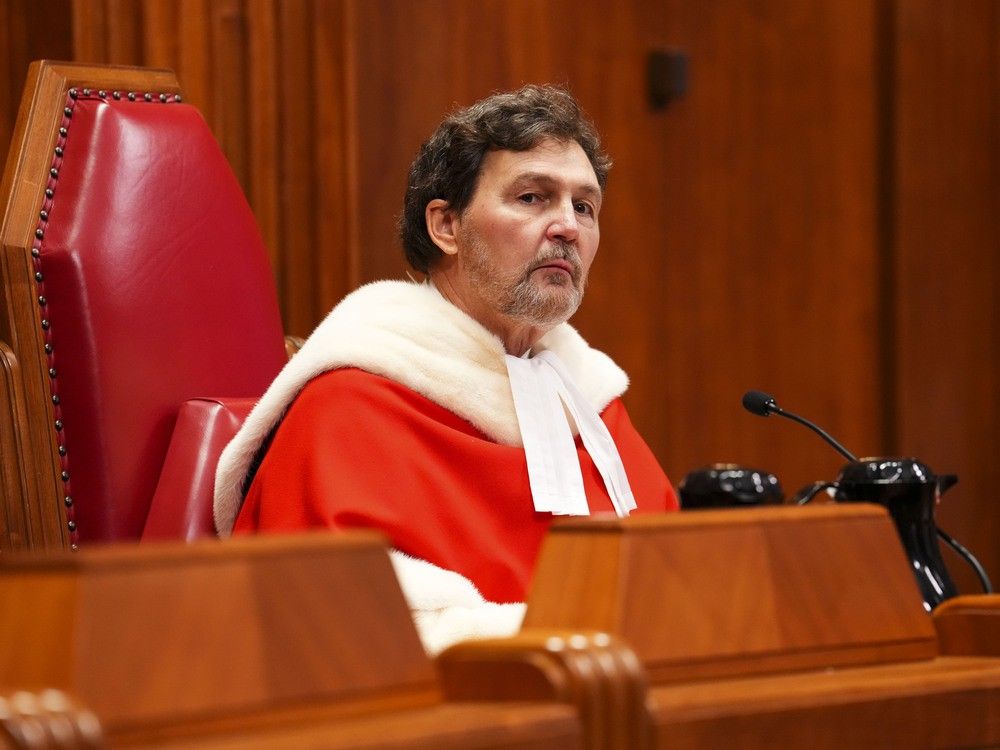The list of urgent hearing requests is closely tracked by the Chief Justice, sources said
New Delhi:
The Supreme Court’s swift response to a rape survivor’s plea seeking permission for abortion was the result of new guidelines prepared by Chief Justice of India DY Chandrachud for urgent cases, sources said.
According to the new Standard Operating Procedure (SOP), “exceptionally urgent” matters may be flagged to the court’s mentioning officer by 10.30 am. The officer will then place it before the Chief Justice whenever “during lunch recess or as the exigency may warrant”, the guidelines say. The SOP also has the provision of sending across such requests over email; these emails are closely tracked by Chief Justice Chandrachud, said sources from the court.
The court’s late-night bail relief to activist Teesta Setalvad and an urgent hearing on the recent communal clashes in Nuh are among key cases that were taken up as per this SOP, the sources said.
In the Teesta Setalvad case, being heard on a Saturday night, the Chief Justice had stepped out of a Bharatnatyam event to hold discussions with brother judges. In the Nuh case, a Constitution bench hearing a plea on Article 370 was paused so that a judge could complete the urgent hearing in the Haryana matter.
“The Supreme Court was criticised for the late-night reprieve to activist Teesta Setalvad, with many saying the swift response was because she was a known name. What about this case, then? The court is just following the new SOP for urgent cases,” a highly-placed source said.
The Supreme Court yesterday allowed the rape survivor to terminate the nearly 28-week pregnancy following a medical board’s report that she is fit for the procedure. The court came down heavily on Gujarat High Court for passing an order after the Supreme Court had listed the matter for hearing. The high court had rejected the plea for abortion.
“What is happening in Gujarat High Court? No court in India can pass an order against a superior court order. It is against constitutional philosophy,” the bench of Justice B V Nagarathna and Justice Ujjal Bhuyan said after it learnt of the high court order.
Solicitor General Tushar Mehta, representing the Gujarat government, had told the court that the high court passed the order to fix a “clerical error”. “There was a clerical error in the previous order and that was fixed on Saturday. It was a misunderstanding,” he said.
The Supreme Court had earlier flagged the delay by the high court in deciding the rape survivor’s petition, saying “valuable time” had been lost. “In such cases, there must be, not undue urgency, but at least a sense of urgency in such matters and not a lackadaisical attitude of treating it as any normal case and just adjourning it. We are sorry to say and make this remark,” the bench had said.







